This week, we sat down with supply chain veteran Carol Valentine Fleck. With over 27 years of experience in the world of supply chain, primarily in the manufacturing sector, she’s worked for a few different industries: telecommunications, healthcare, and glass packaging. Her career journey has allowed her opportunities to work internationally in The United States, China, and Romania. Today, Carol shares what sparked her interest in the field, the experience she faced as a female working in supply chain, and trends she is noticing amongst young women entering the field today.

What interested you in the field of supply chain?
Initially, I’d always wanted to be a teacher. Coincidentally, in my early years of working, one of my colleagues recognized my organizational and problem-solving skills. I was also able to see how decisions affected the upward and downward aspects of a company. My colleague moved me over to an inventory analyst and fulfillment role, and I loved it. The end-to-end process of supply chains fascinated me because it is an industry that affects our everyday lives. Everywhere you go, most products purchased can all be linked to supply chains.
What challenges did you face based on your gender?
When I started working 27 years ago, there were hardly any women in the field of supply chain, and none that I encountered in my manufacturing roles. The last position I had was Plant Manager for Owens, a manufacturing plant in Brampton, Ontario. There were 87 plants around the world, and I was the only female. All the VPs, and managers were male. I used to joke at conferences, walking into the room and pointing at myself saying “token female” because I would be the only female in the room.
When I was promoted to Plant Manager, I faced a lot of backlash from my male colleagues based on my gender. I was the first female plant manager they had ever had, so my first 6 months were the most challenging. I just listened to my peers, their day-to-day problems and worked on prioritizing solutions. At the end of the day, my reputation and hard work spoke for itself.
Do you think females are still underrepresented in supply chain roles today?
Females are still underrepresented in the field of supply chain but it is growing significantly which makes me extremely happy. I currently work as a Supply Chain Management Program Coordinator at Mohawk College, and I am thrilled to see that half my class this year is comprised of females. I am noticing that females tend to learn more towards procurement roles and less towards operations and logistics, but we are beginning to see a shift.
What strengths do you think women bring to supply chain roles?
The ability to multitask and make intuitive decisions is a big one. That is not to say men do not have this ability, I have just noticed it demonstrated more amongst females. Intuitive decision making is impacted by tons of filters and built-up experiences inside of an individual. I have also found that women can balance more, and their ability to treat people with kindness is a benefit to both their peers and the business. In my experience, I have encountered more males that are driven by ego, and that puts a strain on the company and the ability to collaborate and work together for a common solution.
Carol began her career 30 years ago, when there were minimal females in the field of supply chain. Today, women comprise 41% of the supply chain workforce (Gartner, 2021) and the number of women enrolled in university supply chain courses is also on the rise. As more females show interest in supply chain, the gender gap will continue to shrink.
“I believe the number of women in the field of supply chain will continue to increase. While the glass ceiling still exists for females at executive level positions, I believe as the glass ceiling continues to break, companies are bringing women with them to the top” states Carol.
Looking for more real life stories from supply chain experts?
Follow The Owl’s Spotify, LinkedIn, YouTube or Twitter page for the latest updates.
